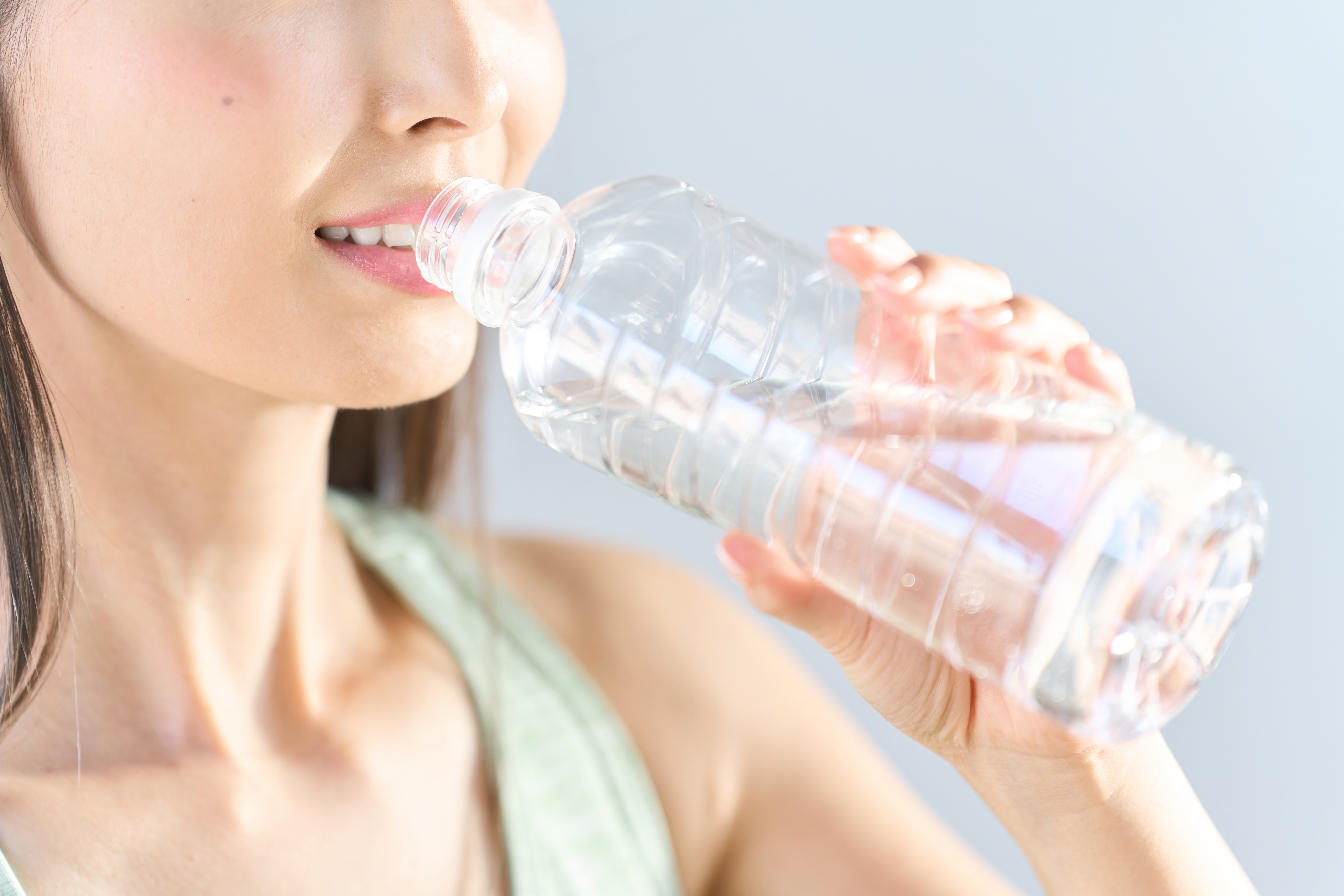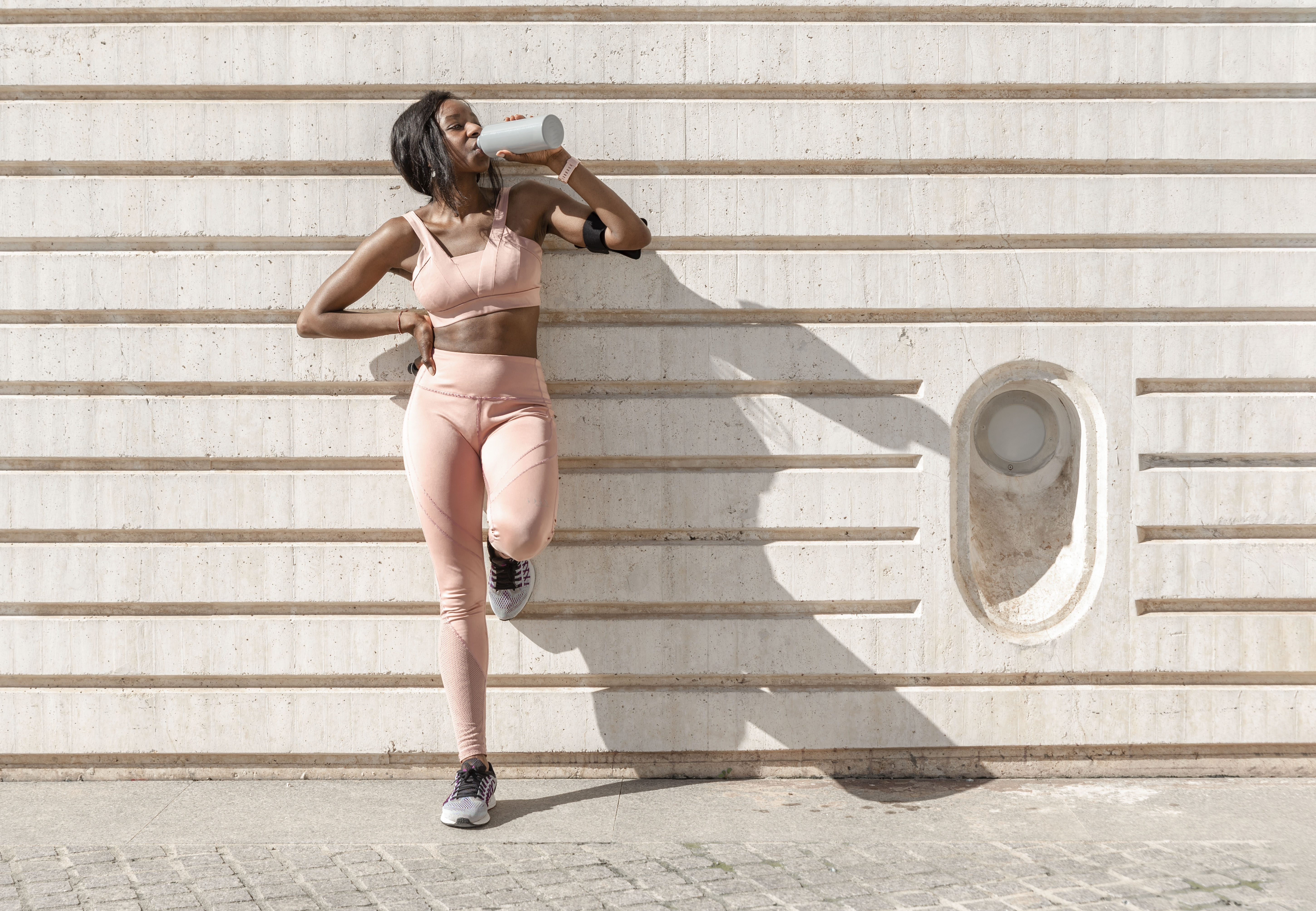20 Simple Strategies to Effortlessly Boost Your Daily Water Intake
Water isn’t just essential—it’s transformative. From clearer skin and sharper focus to better digestion and sustained energy, proper hydration powers nearly every function in your body. And yet, most of us are running on empty, mistaking thirst for hunger, forgetting to sip between meetings, or simply pushing water to the bottom of our to-do lists. The good news? Staying hydrated doesn’t have to feel like a chore. In fact, with a few creative tweaks, it can become second nature. We’ve expanded our guide to 20 Simple Strategies to Effortlessly Boost Your Daily Water Intake, offering fresh, realistic tips designed for real life. Whether you’re someone who forgets to drink or just wants to drink smarter, this list helps you hydrate without overthinking it. Because feeling your best starts with the simplest habit of all: drinking more water—consistently, intentionally, and with ease. Let’s raise a glass to better hydration, one sip at a time.
1. Understanding Your Hydration Needs

Before implementing strategies to boost your water intake, it's crucial to understand your unique hydration needs. The amount of water each person requires can vary based on factors such as age, weight, activity level, and climate. The commonly cited recommendation of eight 8-ounce glasses a day is a general guideline, but individual needs may differ. For instance, athletes or individuals living in hot climates may require more water to compensate for fluid loss through sweat. By assessing your lifestyle and environment, you can tailor your hydration goals to meet your specific needs. To determine your hydration needs accurately, consider consulting with a healthcare professional or using online hydration calculators that factor in your personal details. Pay attention to your body's signals, such as thirst and the color of your urine, which can indicate hydration levels. Clear or light-colored urine typically signifies adequate hydration, while dark urine may suggest dehydration. By understanding these cues, you can adjust your water intake accordingly. This personalized approach to hydration ensures that you meet your body's requirements and avoid the pitfalls of both dehydration and overhydration.
2. Setting Hydration Goals

Once you have a clear understanding of your hydration needs, the next step is to set achievable goals. Setting specific, measurable, attainable, relevant, and time-bound (SMART) goals can help you stay on track with your hydration efforts. For example, instead of a vague goal like "drink more water," aim for "drink two liters of water daily by the end of the month." By setting clear objectives, you create a roadmap that guides your daily actions and helps you monitor your progress. Tracking your water intake can be an effective way to achieve your hydration goals. Use a journal, mobile app, or water bottle with measurement markings to log your daily consumption. Reviewing your progress regularly allows you to identify patterns and make necessary adjustments. Additionally, sharing your goals with a friend or joining a hydration challenge can provide accountability and motivation. By turning hydration into a tangible goal, you transform it from a passive activity into an active pursuit, increasing your chances of success.
